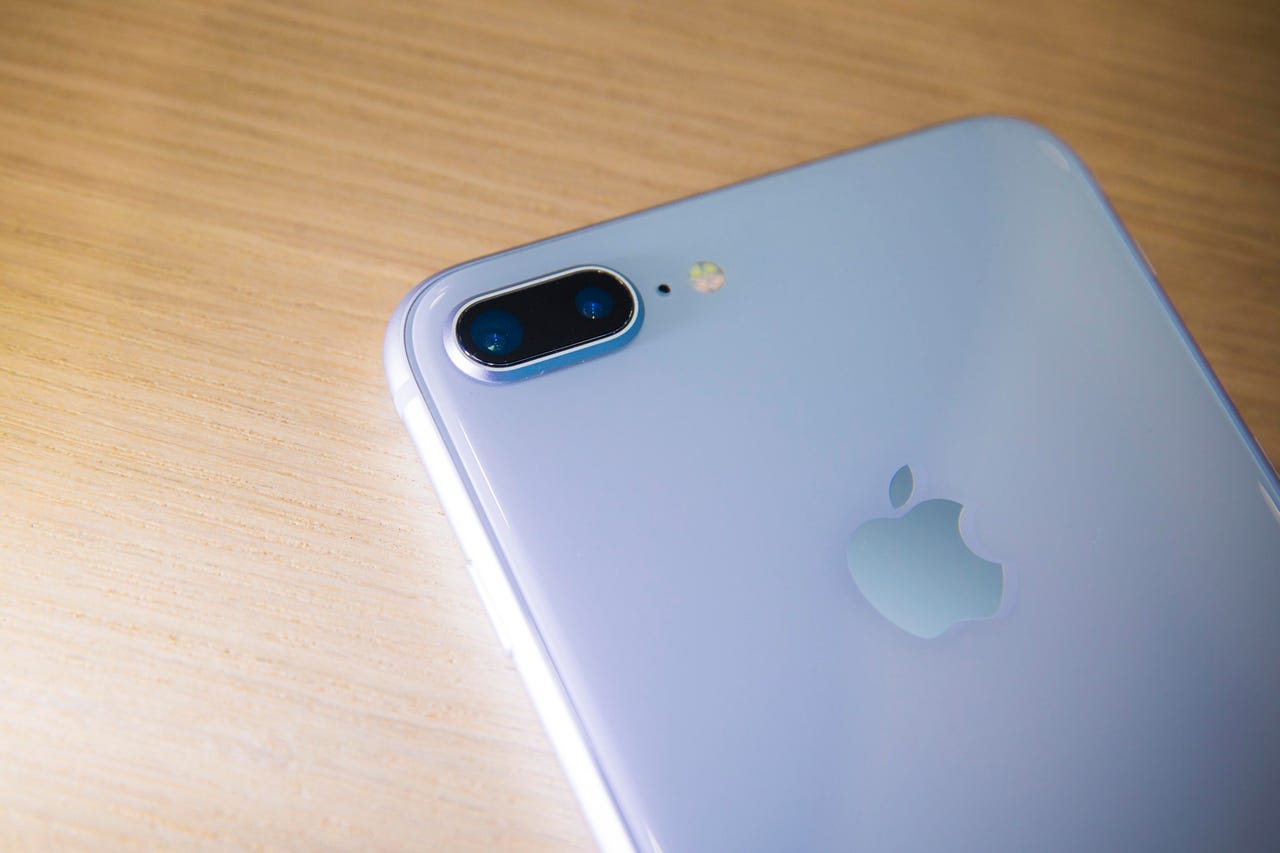Why I'm skipping the iPhone X


iPhone 8 Plus. Credit: James Martin/CNET
iPhon
A number of people have asked me what iPhone I'm getting. Well, I can tell you now, it's not the iPhone X.
Here's why.
Must read : Here's how you can get iOS 11 now
First off, some background: I don't buy myself a new iPhone every year. In fact, I'm running one of the first iPhone 6 Plus handsets to come off the production line, released back in September 2014.
Yes, my daily driver iPhone is three years old.
I have access to newer models for testing in the lab, but a combination of me needing more capacity than the base version allows, and the fact that I'm stubborn when it comes to changing things, means that I've been happy with the iPhone 6 Plus. It has lived in a heavy duty Anker case for all that time, and it looks and works pretty much like new.
Oh, and it never suffered from any "Bendgate" problems, or "Hairgate" or "Touch disease."
It's been my constant companion, rarely more than an arm's length away from me, 24/7/365 for the past three years.
But it's time to upgrade. My AppleCare coverage comes to an end (which, I've not used, but it's a nice insurance to have), so it's on borrowed time.
Which means I'm in the market for a new iPhone.
And, after a lot of thought, it's not going to be the iPhone X. It's going to be an iPhone 8 Plus.
So, why not the iPhone X?
Note: Before we go any further, let me just make it clear that I'm not saying you shouldn't buy an iPhone X, nor am I trying to put you off buying one. If you want one, get one. And feel free to tell me about your experiences with the iPhone X and what effect it had on your workflow.
First off, as I alluded to earlier, I need more than the base 64GB of storage, and to be honest, that $1,149 price tag for the 256GB version is hard to stomach. It's a lot of money, and crossing that psychological $1,000 barrier is hard.
Then, there's the fact that it's a first-generation device. If there's one thing I want to avoid, it's teething troubles. Also, as I'm someone who keeps a device usually for more than a year, I don't want to be lumbered with first-generation issues.
Will there be first-generation issues? No idea. But even if the device works flawlessly, there's such an improvement in any technology from Apple the second time around that I have no doubt that the follow-on to the iPhone X will benefit from the year of data that Apple with gather.
Then, there are the ergonomic and security issues. I like Touch ID. I know its strengths and weaknesses, and I can use it instinctively. Face ID is an unknown, and right now, I've no idea what effect it would have on my workflow.
Read also: Does Face ID make the iPhone X more secure? Depends who's asking
Take two scenarios I'm uncertain about: First, when my iPhone is charging in a dock on my desk, will it unlock every time I happen to glance at it? Will other people passing by cause it to lock out and need a passcode? What about when it's in the dock in the car? Will it unlock every time my eyes pass over it? If it does, that seems like a distraction I can live without.
I'm also partial to the bezel. In fact, I don't get on with devices that don't have a bezel, especially at the bottom. I use it when handling the device, and when it's not there I tend to paw the display a lot more.
Then there are the UI changes. With the demise of the Home button, Apple has integrated a number of new gestures into iOS 11 to accommodate the change. Even if those gestures work great, they will be a huge speedbump during the adaptation period, and I'm confident that they will change, either over the lifecycle of iOS 11 or in iOS 12.
The iPhone X is just the beginning. But, for now, the iPhone 8 Plus is where I want to be. It allows me to upgrade my hardware with the least possible upheaval to my workflow.
New to iOS 11? Change these privacy and security settings right now
Related stories: